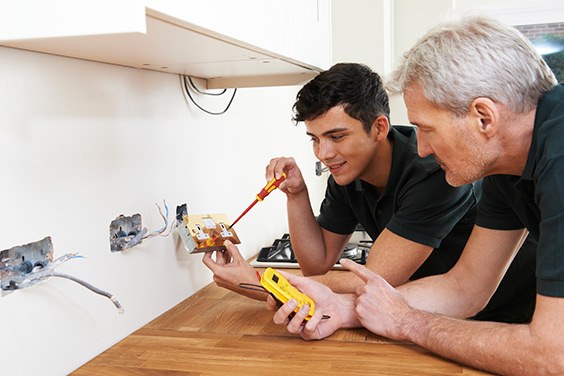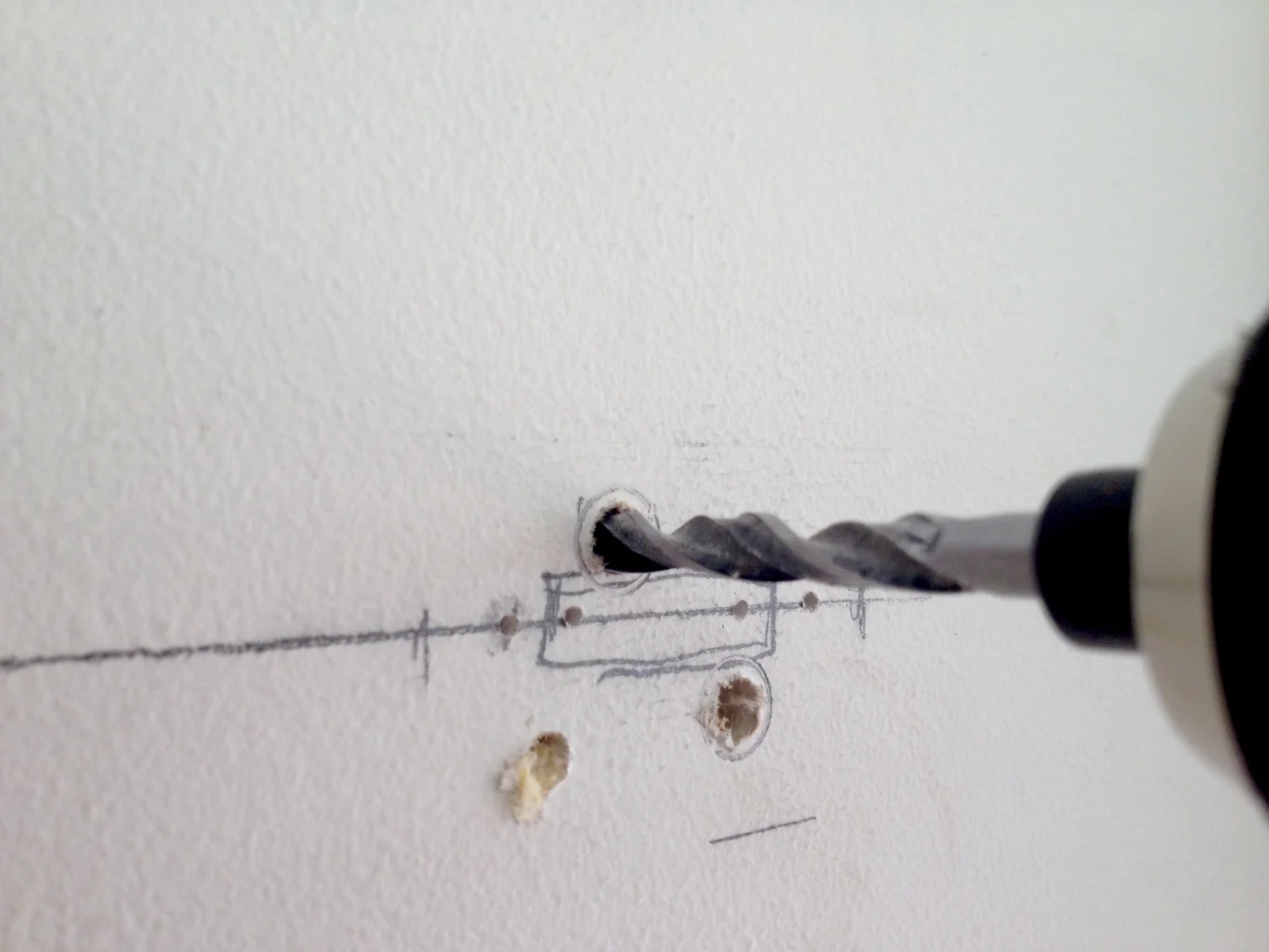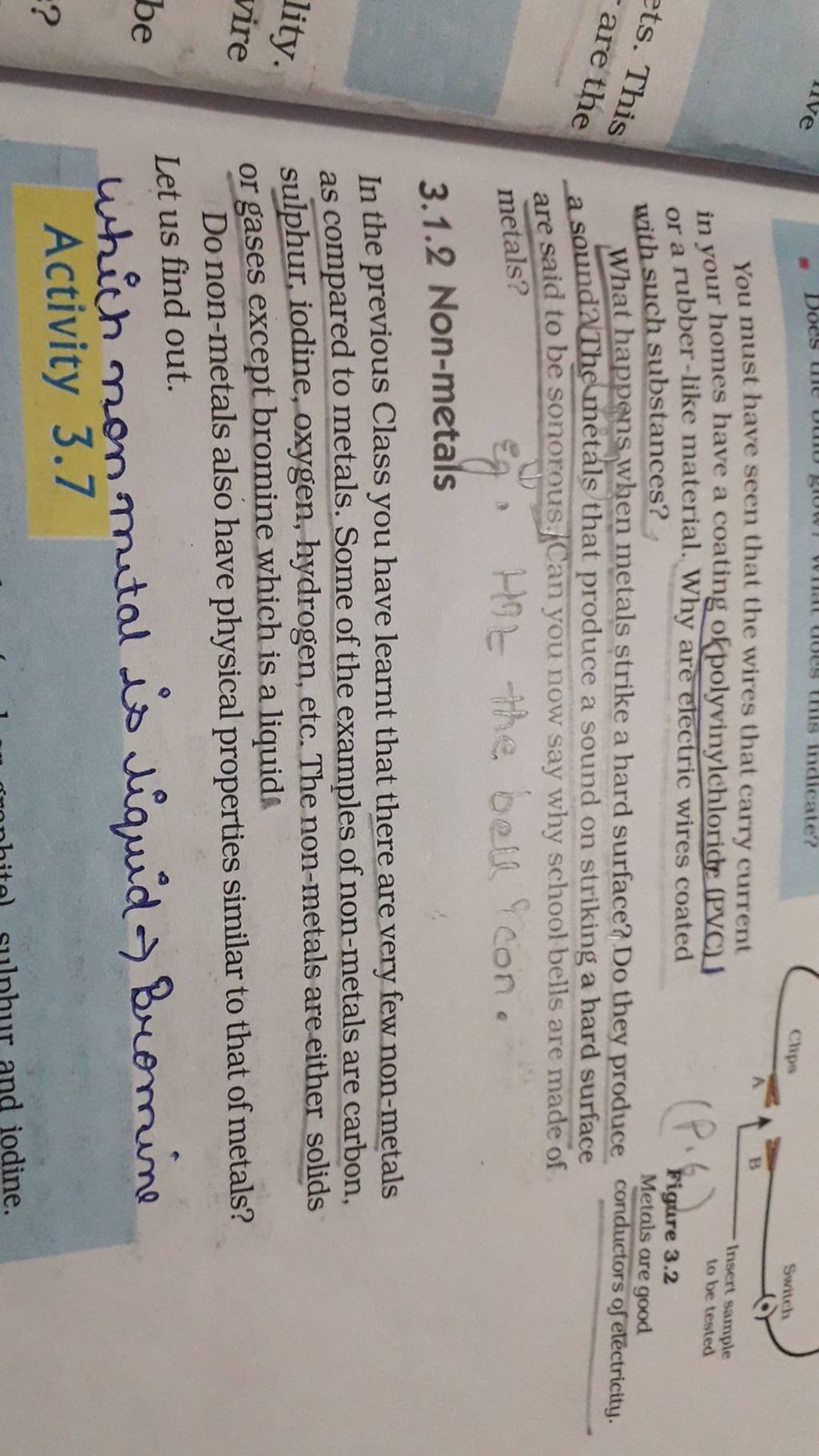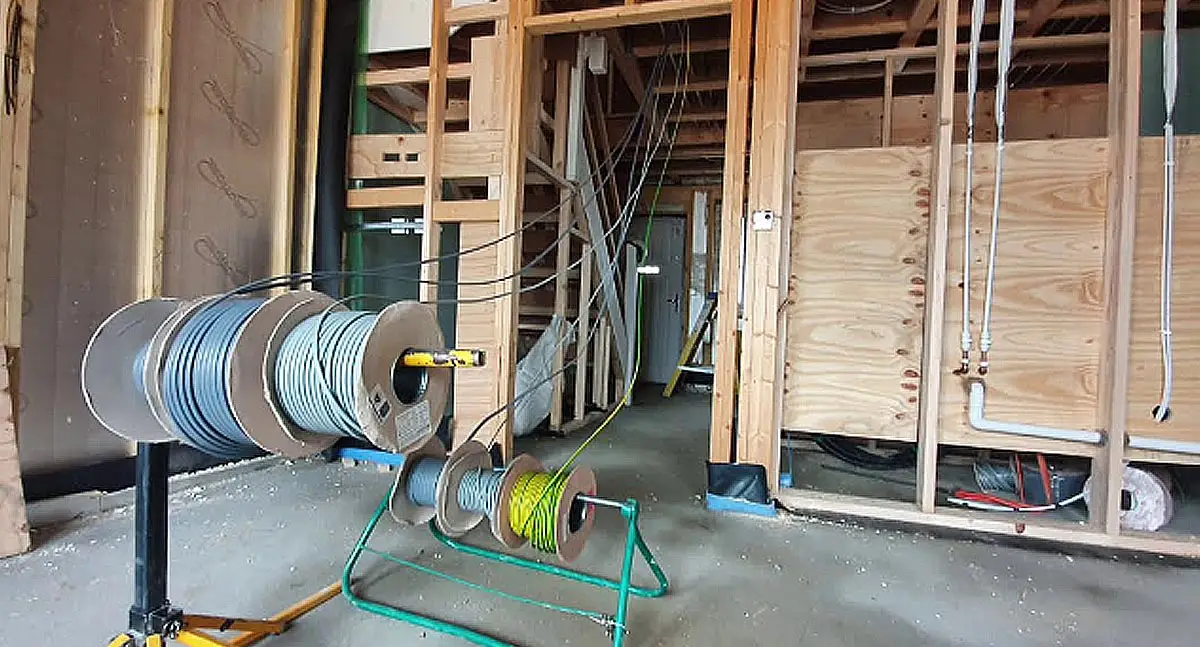How Long Can You Run Electrical Wire Underground
While the depth required may vary, generally, electrical wires should be buried at least 18 inches underground. This may differ according to local building codes and the type of wiring being used. When planning to run electrical wire underground, it’s important to ensure the proper depth is maintained to meet safety standards and regulations. Additionally, … Read more










